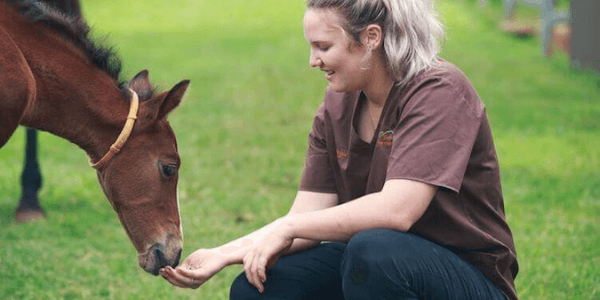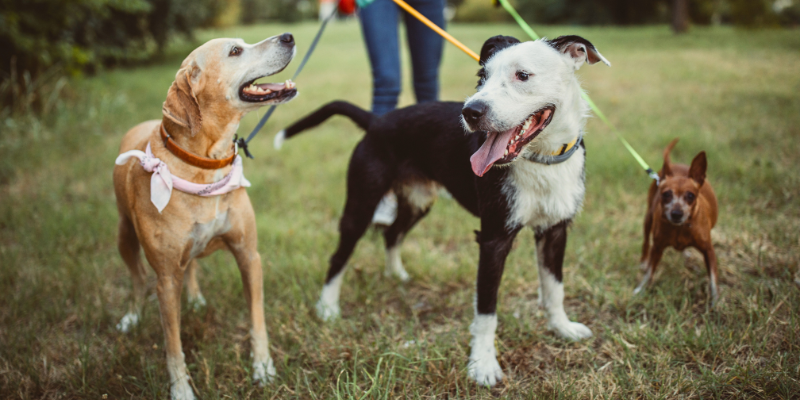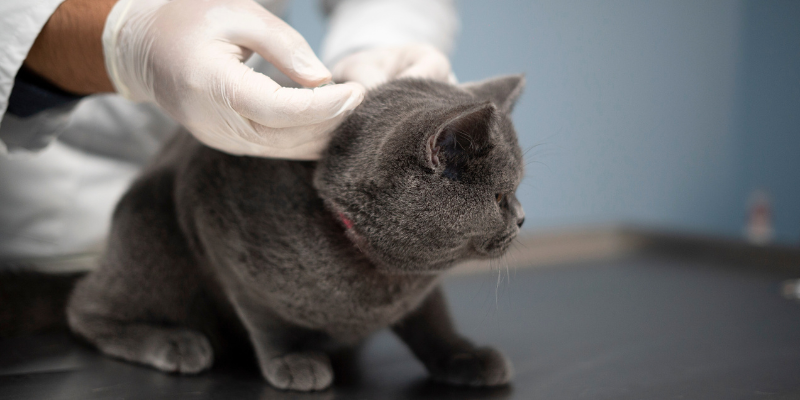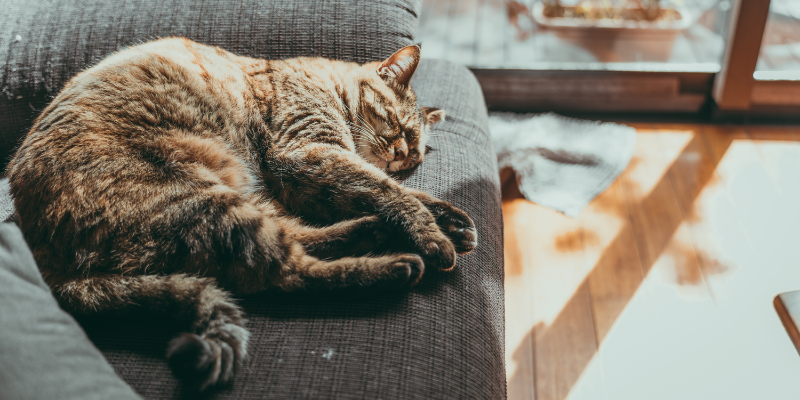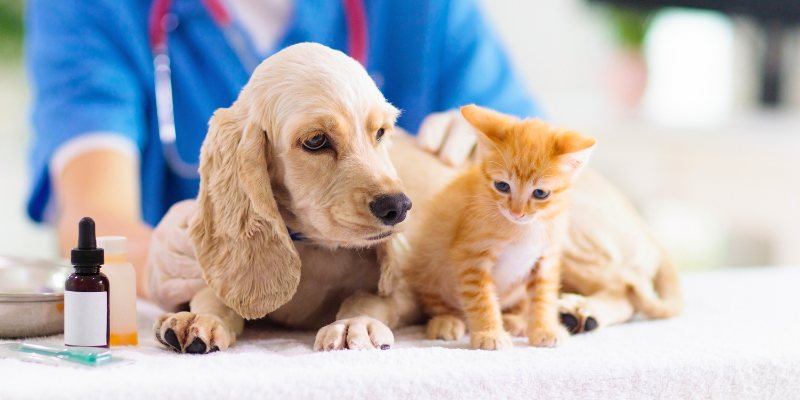[et_pb_section fb_built=”1″ _builder_version=”4.5.5″ _module_preset=”default”][et_pb_row _builder_version=”4.5.5″ _module_preset=”default”][et_pb_column type=”4_4″ _builder_version=”4.5.5″ _module_preset=”default”][et_pb_text _builder_version=”4.5.5″ _module_preset=”default”]
The breeding season is nearly upon us and many horse owners are looking forward to meeting their new foals and thinking about breeding their mares this season. There are many things to consider at this time of year such as:
Reproduction services
What services do you require to ensure you get the pregnancies you want in a timely fashion, without risking twins?
Common aspects we can help with include:
- Follicle scans to check where a mare is in her cycle and plan the best time for her to be covered by the stallion
- Semen collection, processing and analysis
- Artificial insemination with chilled or frozen semen
- Embryo transfer
- Pregnancy testing to confirm pregnancy and rule out twins (generally a disaster in horses).
- Scans are advised at 14, 28-32 and 45 days.
- High-risk pregnancy management
- “Problem breeder” investigations – there is no need to repeatedly breed a “barren” mare whilst expecting the result to change! There may be simple factors at play that can be economically corrected to greatly increase the chance of a successful pregnancy. Rarely, a severe problem may be present which we can diagnose for you so you can have realistic expectations for your mare.
- Foal checks and treatment of sick foals
- Preparing for foaling
A mare’s pregnancy is typically described as being around 340 days. However, there is a wide range and anywhere from 320-370 days is normal. Typically a mare will have a similar length pregnancy for each foal, so if a mare “foals early” at 330 days each time, she’s not really foaling early – 330 days is normal for her! And remember, before worrying that your mare is “overdue”, make sure you have an accurate service date for the correct mare!
The mare’s vaccination and worming should be up to date and scheduled to happen again around 2 months prior to foaling. Vaccinations should include Hendra virus and 2-in-1 (tetanus and strangles) – it is safe to use in pregnant mares and as well as protecting the horses, vaccination will also protect you and your vet if intervention is required at foaling time.
Foaling
Horses have very powerful contractions during labour so a normal foaling should take 30 minutes or less. Call us if the foaling goes for longer or if the membranes that first appear are a bright red colour. This is called a red bag delivery, it is not normal, and the bag must be ruptured immediately so that the foal can breathe. In a normal foaling, the membranes are transparent and thin. It is possible to see the foal through normal membranes. Foals should stand, suck, pee and poo quite soon after birth compared to other species.
Different references give slightly different time frames, but simple numbers to remember are:
- Standing within one hour after delivery
- Sucking within two hours
- First pee by three-hour mark
- First poo by four-hour mark
Failure to do any of these, or frequent, unsuccessful attempts may mean there is a problem and veterinary attention may be required.
Breeding and oestrus cycles
Most mares will start cycling in spring although 20% of mares cycle continuously throughout the year. Mares that have foaled will come into season around 7 days after foaling (the “foal heat”) and typically ovulate 10 days after foaling. This may be a good time to breed your mare but this is best assessed on a case by case basis in discussion with your vet. After that, the mare will come into season approximately every 21-22 days.
Methods of breeding
Horses can be bred by live cover or artificial insemination with fresh semen, chilled semen or frozen semen. Each technique has its own advantages and disadvantages, we are experienced with each different method and can talk you through what best suits your situation. Often the most important factor is choosing a stallion. Once you have chosen a stallion the method of breeding may be narrowed down to one or two options. We also work with local stallion owners and are involved in semen collection and processing.
BOOK A CONSULTATION with one of our equine reproduction veterinarians now.
SUBSCRIBE to our Foaling Season email newsletter for more helpful information on breeding your mare and looking after a new foal.
[/et_pb_text][/et_pb_column][/et_pb_row][/et_pb_section]
